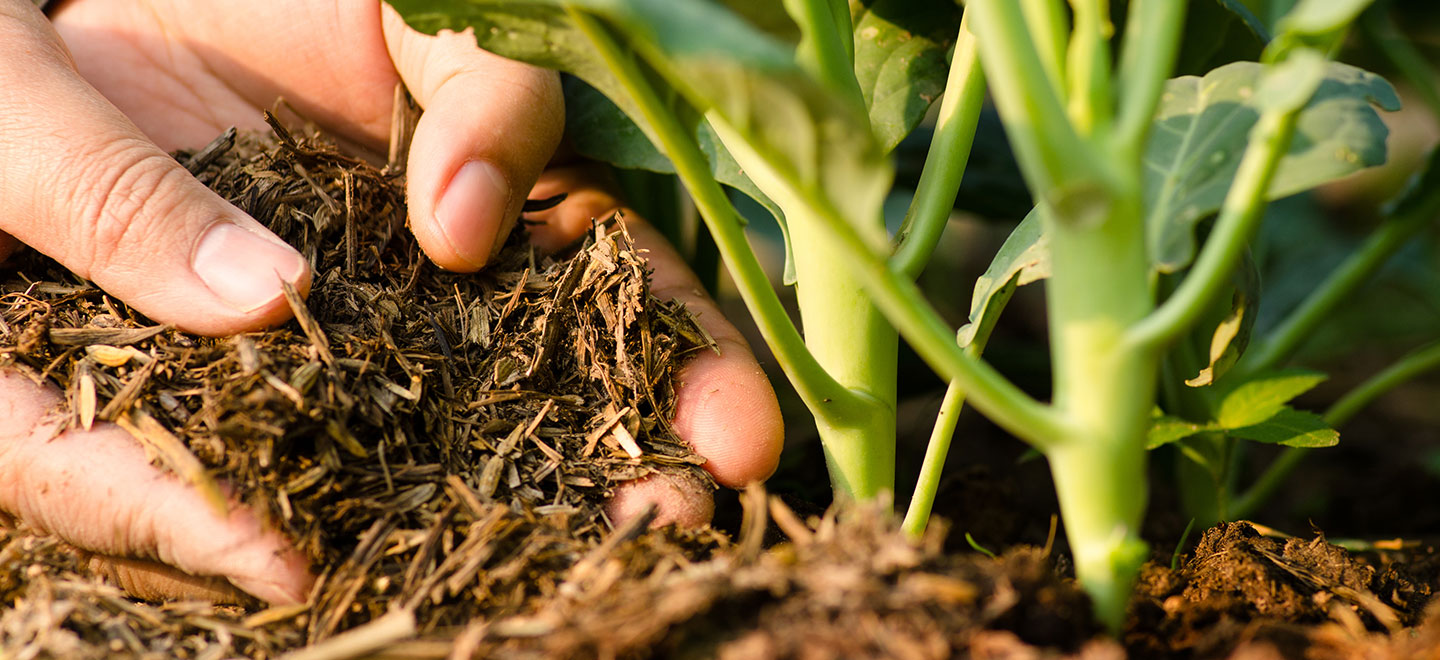Boost Your Garden Soil Fertility Naturally, Top Tips

Boost Your Garden Soil Fertility Naturally
Having healthy and fertile soil is crucial for growing vibrant and productive plants in your garden. Unfortunately, many gardeners face the challenge of soil that lacks essential nutrients and organic matter. However, there are several natural ways to improve garden soil fertility, and in this article, we will explore the top tips to help you achieve this goal.
Top Tips for Natural Soil Enhancement
Composting Benefits
Organic Soil Amendments
Soil Fertility Improvement
Garden Soil Health
Natural Soil Improvement Techniques
Composting Benefits
Composting is one of the most effective ways to improve garden soil fertility naturally. By breaking down organic matter such as food waste, leaves, and grass clippings into nutrient-rich compost, you can significantly enhance your soil's quality. Here are some benefits of composting:
Nutrient-Rich Soil: Compost is packed with essential nutrients like nitrogen, phosphorus, and potassium, which are vital for plant growth.
Improved Soil Structure: Compost helps improve soil structure by increasing its water-holding capacity and aeration, allowing roots to grow more efficiently.
Reduced Soil Erosion: Compost binds soil particles together, reducing erosion and helping maintain a stable growing environment.
Organic Soil Amendments
Using organic soil amendments is another effective way to improve garden soil fertility naturally. These amendments can be made from natural sources such as:
Compost Tea: A liquid fertilizer made from compost, compost tea can be applied directly to the soil to boost nutrient levels.
Manure: Well-rotted animal manure mixed with other organic materials serves as a powerful natural fertilizer.
Mulch: Organic mulch improves soil structure, retains moisture, and helps suppress weeds.
Soil Fertility Improvement
Improving soil fertility involves increasing the levels of essential nutrients. Here are some natural ways to do this:
Green Manure: Sowing green manure crops like clover or alfalfa can improve soil fertility by fixing nitrogen in the soil.
Cover Crops: Cover crops like rye or wheat add organic matter, suppress weeds, and enhance soil fertility.
Soil Testing: Regular soil testing helps identify nutrient deficiencies so you can apply the necessary amendments.
Garden Soil Health
Maintaining healthy soil is essential for growing healthy plants. Here are some tips to achieve this:
Avoid Overwatering: Overwatering can lead to soil compaction and poor drainage, harming plant roots.
Avoid Overfertilizing: Overfertilizing can cause nutrient imbalances and soil pollution. Stick to recommended application rates.
Add Bacteria: Introducing beneficial bacteria into the soil can improve its structure and fertility.
Natural Soil Improvement Techniques
There are several natural techniques you can use to improve your garden soil fertility:
Sheet Mulching: Sheet mulching involves covering the soil with a layer of organic material to suppress weeds and improve soil structure.
No-Till Gardening: No-till gardening means not disturbing the soil, instead adding organic matter to the surface to preserve soil structure.
Gardening in Raised Beds: Raised beds improve soil drainage and aeration, creating a better growing environment for your plants.
Improving garden soil fertility naturally is crucial for growing healthy and vibrant plants. By incorporating natural soil enhancement techniques, organic soil amendments, and composting benefits, you can create a fertile soil that supports your plants' growth. Avoid overwatering and overfertilizing, and regularly test your soil to ensure it remains healthy. For more detailed information on improving garden soil fertility, you can visit this article.
FAQs
Q: How often should I compost? A: Composting can be done as often as you generate organic waste, but it's recommended to compost at least once a month to maintain a steady supply of nutrient-rich compost.
Q: Can I use manure from my pet? A: No, it's not recommended to use manure from your pet as it may contain pathogens and parasites that can harm your plants.
Q: How do I know if my soil is fertile? A: You can test your soil for pH levels, nutrient levels, and organic matter content. You can also look for signs of healthy soil such as earthworms and beneficial microorganisms.
Q: Can I use synthetic fertilizers if I'm trying to improve soil fertility naturally? A: It's best to avoid synthetic fertilizers as they can harm the soil ecosystem and may not provide long-term benefits. Instead, focus on using organic amendments and natural techniques to improve soil fertility.
Q: How do I know if my soil needs improvement? A: Signs that your soil may need improvement include poor plant growth, nutrient deficiencies, and soil erosion. Regular soil testing can help you identify these issues and take corrective action.
0 Response to " Boost Your Garden Soil Fertility Naturally, Top Tips"
Post a Comment